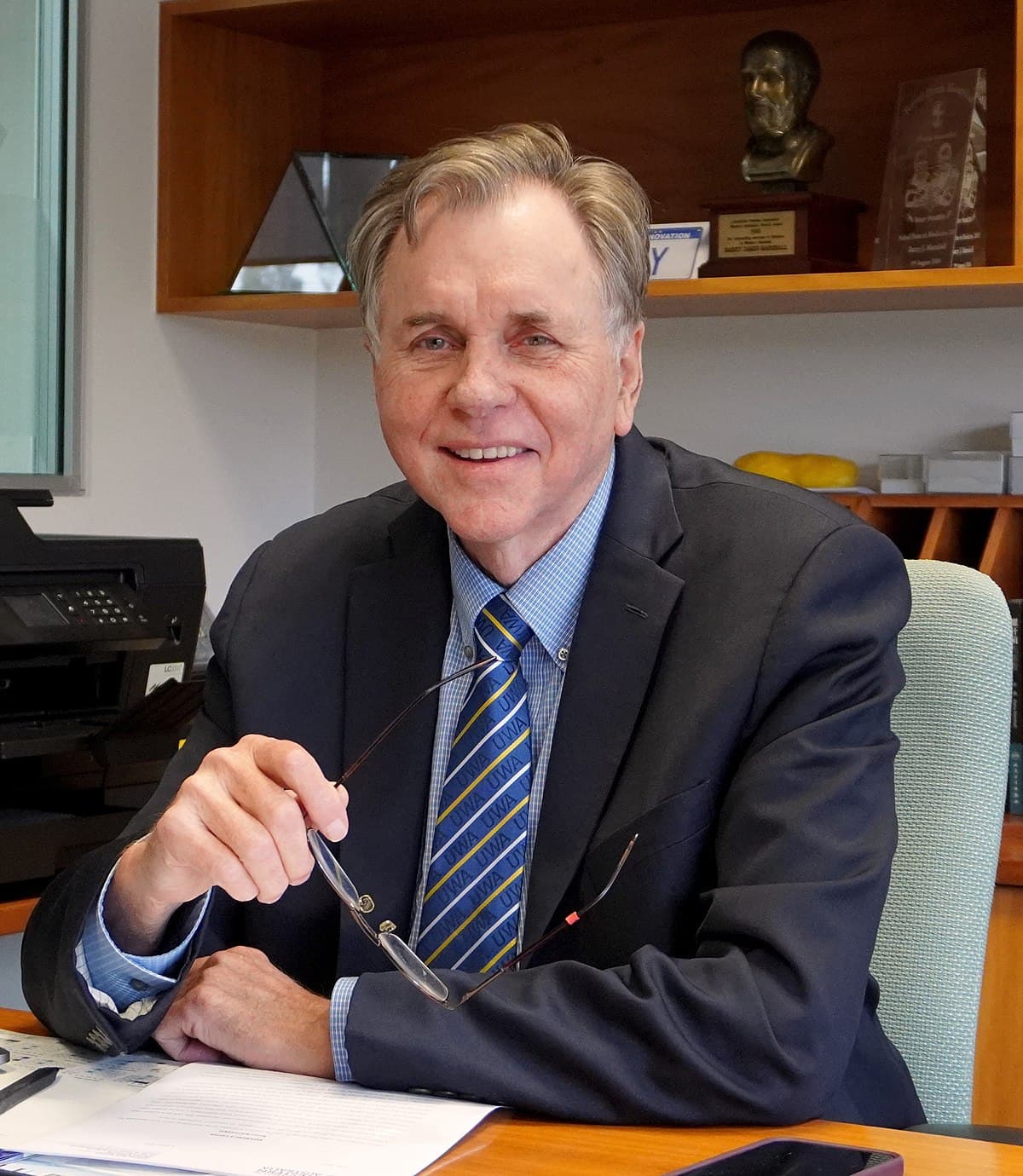2005 Nobel Laureate Barry Marshall's Self-Infection Proved Helicobacter Pylori Causes Peptic Ulcers

Perth, Australia – In a remarkable act of self-experimentation that reshaped gastroenterology, Australian physician Barry Marshall deliberately infected himself with Helicobacter pylori to prove its role in causing peptic ulcers, a discovery that earned him and pathologist J. Robin Warren the 2005 Nobel Prize in Physiology or Medicine. This groundbreaking work overturned decades of medical dogma and revolutionized treatment for a pervasive condition.
Before Marshall and Warren's findings, the prevailing medical consensus attributed peptic ulcers primarily to stress, diet, and excess stomach acid. Treatments focused on acid suppression, offering only symptomatic relief and often leading to recurrence. However, Warren, a pathologist at Royal Perth Hospital, had observed spiral-shaped bacteria in stomach biopsies of patients with gastritis, prompting him to investigate a potential link.
Driven by skepticism from the medical community and the absence of suitable animal models, Marshall took the extraordinary step of ingesting a culture of H. pylori in 1984. As stated in the tweet by Massimo, "Barry Marshall was sure that Helicobacter pylori caused peptic ulcers, but since it was illegal to test that on humans, he drank a Petri dish with the bacteria." Within days, Marshall developed symptoms of gastritis, including nausea and vomiting, confirming the bacterium's pathogenic role. He subsequently treated himself with antibiotics, achieving a cure.
This audacious self-experiment, initially met with considerable resistance and ridicule, provided irrefutable evidence that H. pylori was the primary cause of gastritis and peptic ulcers. Their collaborative research, which began with Warren's observations in 1979 and Marshall's successful cultivation of the bacterium in 1982, demonstrated that these conditions were infectious diseases curable with antibiotics. The discovery transformed treatment protocols worldwide, significantly reducing the incidence of chronic ulcers and the need for surgical interventions.
The profound impact of their work was formally recognized in 2005 when the Nobel Assembly at Karolinska Institutet awarded Marshall and Warren the Nobel Prize. Their tenacity and willingness to challenge established beliefs not only alleviated immense human suffering but also stimulated further research into the link between chronic infections and other diseases, including gastric cancer, for which H. pylori is now identified as a major risk factor.